Installation
Authentication
Set your API key via environment variable or pass it directly when initializing the client.- Recommended env var:
ALCHEMYST_AI_API_KEY
Quickstart
Usage by Endpoint
All methods return a promise you canawait. Types are available out-of-the-box in TypeScript.
Context: Add
Version Requirements: The
groupName field is introduced in TypeScript SDK version 0.6.0. If you use groupName in previous versions, you will encounter an error. If groupName is not provided, it will be set to a default value automatically.groupName: The group name acts like a namespace which creates a scope for context. Documents with the same group name will be grouped together for better organization and retrieval.Example Use Cases:
['project-alpha']- Group all documents related to a specific project['customer-support', 'tier-1']- Organize support documentation by department and priority['legal', 'contracts']- Categorize legal documents by type and category['training', 'onboarding']- Group training materials for new employee onboarding
Context: Search
Context: Delete
Context: View (per-user)
Per-user View: This endpoint gives the authenticated user their own context from the organization.
Context: Traces
Organization: View Context
Organization View: This endpoint allows you to fetch context based on specific user IDs within your organization.

